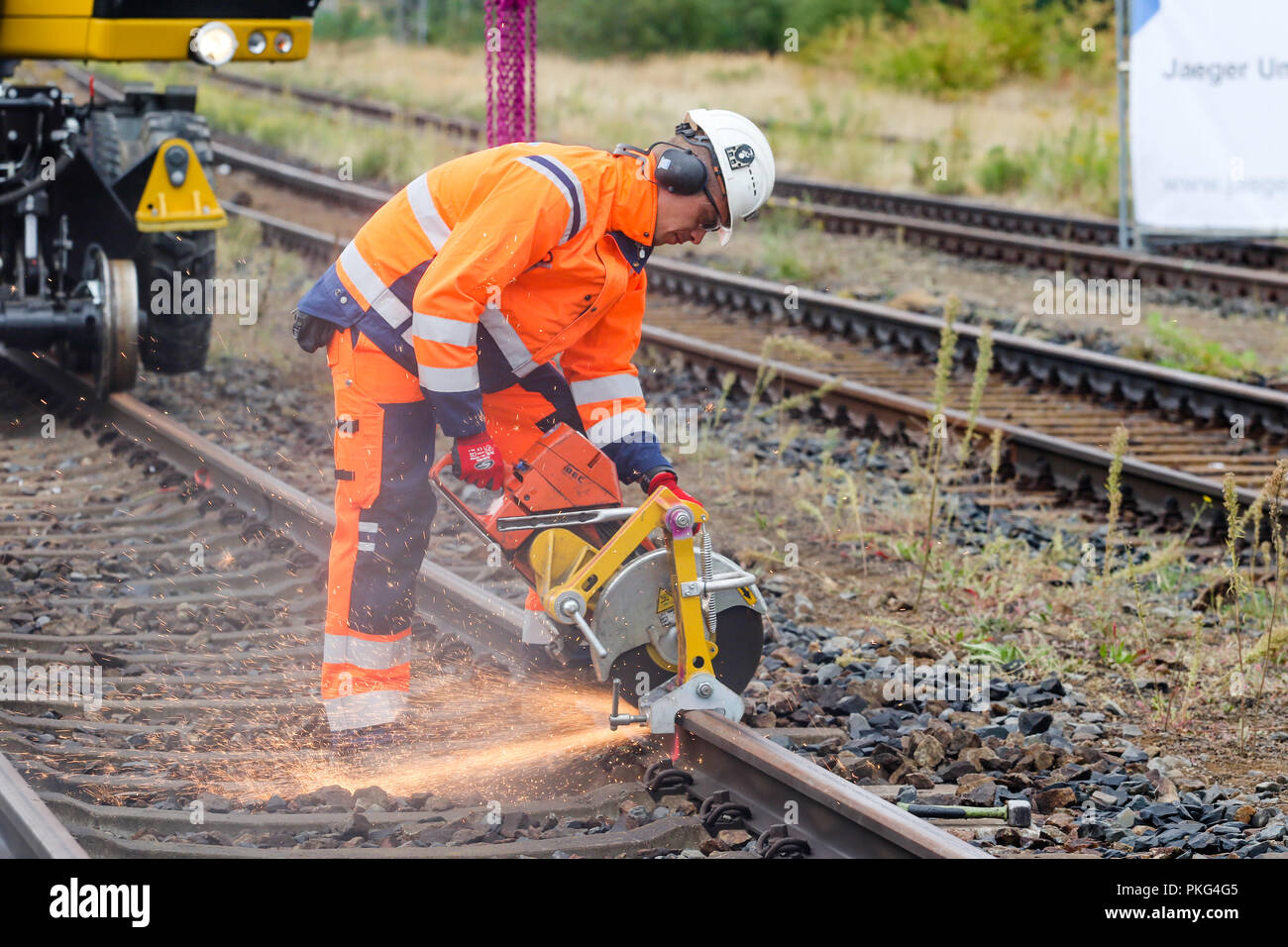Deutsche Bahn"s Punctuality Crisis Deepens
In a shocking revelation, the Deutsche Bahn reported that a staggering 43 percent of long-distance trains were delayed in June, with only 57.1 percent of ICE and IC trains arriving on time. This marks a significant drop from the 62 percent punctuality rate observed in May, raising urgent questions about the state of Germany"s rail infrastructure. According to Deutsche Bahn’s own data, the company anticipates a grim 64 percent punctuality rate for the first half of 2025.
Failures Rooted in Neglected Infrastructure
The primary culprit behind this dismal performance is the deteriorating infrastructure, exacerbated by ongoing construction across the rail network. As reported by Deutsche Bahn CEO Richard Lutz, the company is fighting daily battles to maintain even modest punctuality goals, with a target of 65-70 percent for this year. However, this target appears increasingly unattainable as systemic issues persist.

Germany forms alliance against phase-out of internal combustion engines ...
Extreme Weather Compounds Issues
July"s heat wave has further aggravated the situation, with reports indicating that only 35.5 percent of long-distance trains were on time during the peak of the heat on July 2. The intense temperatures have revealed the vulnerability of the rail system, causing equipment failures at an alarming rate, with double the usual outages reported. A Deutsche Bahn spokesperson noted that extreme weather, including severe storms and wildfires, has led to significant damage, resulting in hundreds of trains being rerouted.
Implications for Digital Rights and Mobility
This crisis has profound implications for digital rights and public mobility. As governments globally pivot towards less carbon-intensive public transportation, Germany"s failure to deliver reliable rail services undercuts its own climate commitments. The push for greener travel options, such as electric trains, is rendered moot if basic operational reliability is not achieved. According to a study from Dickinson College, effective public transport systems are foundational to sustainable urban development.

Dessau-Rosslau, 13.09.2018 - Today the modernization of the ...
Accountability and Future Outlook
As Deutsche Bahn grapples with these staggering setbacks, accountability must be demanded from both corporate and governmental levels. A comprehensive overhaul of the rail infrastructure is essential, yet the political will to invest in such critical improvements remains in question. The need for transparency and public engagement in the decision-making process is clearer than ever. Stakeholders must advocate for policies that prioritize sustainable, reliable, and accessible transportation systems, or risk sending Germany’s rail service into a deeper crisis.







![[Video] Gunfire between Iraqi security forces and Sadr militias in Baghdad](/_next/image?url=%2Fapi%2Fimage%2Fthumbnails%2Fthumbnail-1768343508874-4redb-thumbnail.jpg&w=3840&q=75)
